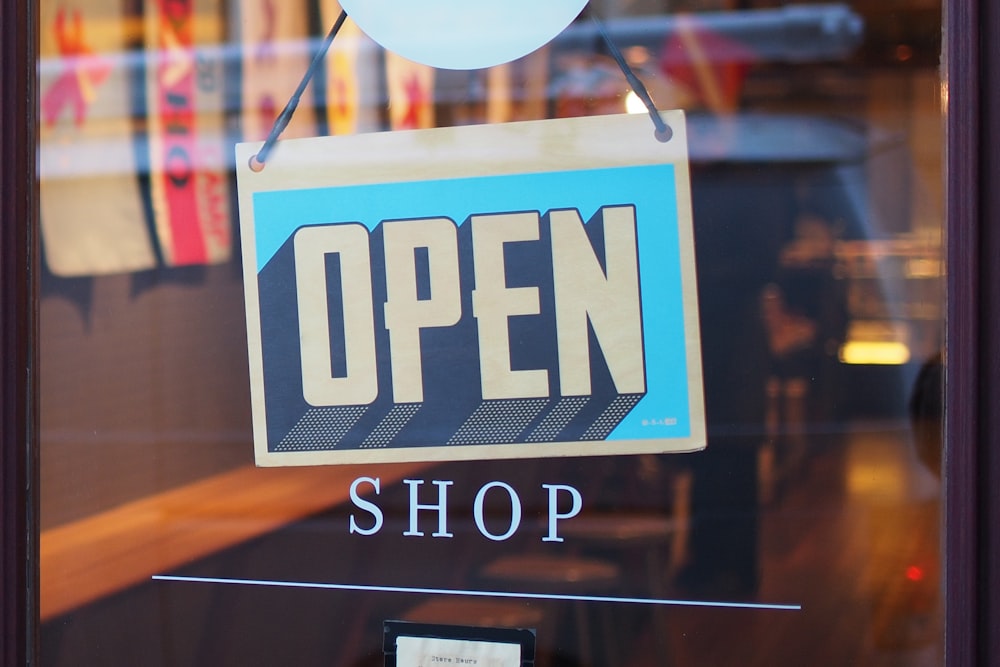Last year was undoubtedly hard on many folks’ pockets but a recent report by Retail Week entitled The Christmas Forecast indicates that retail sales in 2021 will revert to pre-pandemic patterns. The report, which contains data obtained by research consultancy Retail Economics, forecasts sales over the fourth quarter of 2021. It indicates that consumers are ready to head into stores, shop for items they discover along the way, and search for one-off items they aren’t likely to find online.
Consumer Confidence is High
After a year involving lockdowns and long waits for vaccines, consumers are willing to go out and spend again, a fact that bodes well for retailers wishing to meet sales targets this Christmas to make up for lost revenue in 2020. The forecast indicates that there has been modest year-on-year growth in non-food sales (0.5%), which specific industries predicted to enjoy significantly better sales than last year—these include toys and games, fashion, and health and beauty. In fact, October 2021 saw the most dramatic year-on-year sales growth in the past six years. Consumers are confident that problems that plagued them last year—including slow delivery and poor product availability—are well under control this year. The report also found that despite some government delays on easing restrictions, consumer sentiment is buoyant and optimistic, with consumers of all ages looking forward to having an increased choice of where to spend and what to buy.
Predicting the Average Spend
Independent research platform The Lens conducted a survey of thousands of UK consumers about aspects such as Black Friday and Christmas planning, shopping, gifting, budgeting, and more. One in four people surveyed said they would be spending more on Christmas and/or Black Friday prior. People in the UK have nearly £200bn in lockdown savings and 82% of them are predicted to spend this amount partially or fully on Christmas or Black Friday, while 63% will be redecorating, painting, and performing other DIY tasks at home in the weeks and months leading up to Christmas.
Taking Out Small Loans at Christmas Time
Many people get into debt around Christmas time, with products being targeted at customers much earlier than before and artificial intelligence being utilized by savvy companies to send personalised offers to buyers. Over one-third of people (or 16.9 million people) in the UK borrow money to pay for Christmas gifts. Statistics on Christmas loans UK explained by My Quick Loan show that short personal loans have rates of between 43.1%APR to 1333% APR, with loan lengths lasting between one and 36 months. Those wishing to obtain cash quickly usually opt for online loans, obtaining cash in their bank in a matter of minutes. Of course, it is vital to borrow money only if you are buying necessities. If you have bad credit and you are searching for Christmas loans, consider alternatives such as DIY presents, recycling unwanted gifts, and the use of vouchers that can offer sizable percentages off the price of items such as clothing, holidays, and family fun activities.
Preventing Holiday Waste
Over four million people return unwanted gifts at Christmas time in the UK, and this, alongside surplus food purchased during the season, can lead to a large amount of waste. To avoid your gifts being thrown away, try to consider alternative ways of giving such as cash or vouchers, which recipients can use to purchase what they actually want. Currently, some of the most oft-returned Christmas gift items in the UK include shoes, kitchen appliances, video games, treats, and candles. Remember that candles, perfumes, and other items involving scent are personal and should ideally be purchased by the person who will be using them.
It looks like Christmas shopping is back in full swing, which is great news for the many retailers who make a great effort to bring enticing gifts to consumers during the festive period. It is estimated that many people will be spending their lockdown savings on gifts this year but if you want to avoid wastage and keep your money in your savings account, there are many steps you can take. These include making DIY gifts, giving friends vouchers or gifts they openly tell you they want or need, and avoiding the purchase of personal items that have a likelihood of being returned by their recipient.
